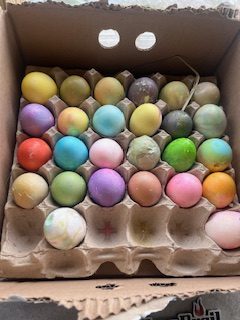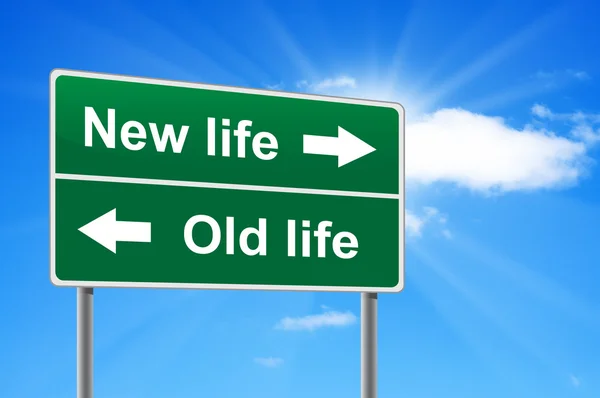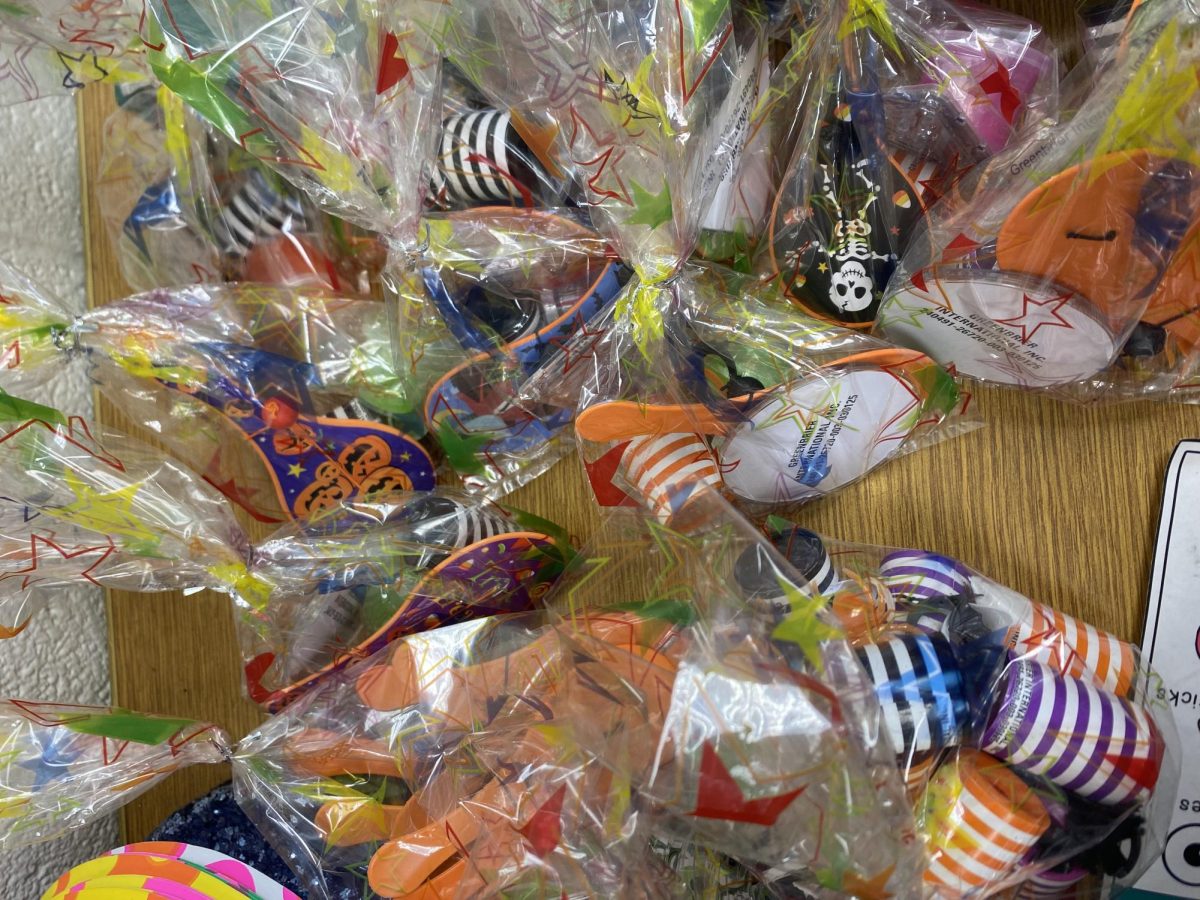Easter is a day to celebrate the resurrection of Jesus Christ. Easter marks Jesus’ return to life three days after his crucifixion and burial, symbolizing his victory over death and sin. According to almanac.com, Easter’s date is determined by the first Sunday after the full moon that occurs on or after the spring equinox. The spring equinox is the day the sun crosses the celestial equator, marking the beginning of spring in the Northern Hemisphere (March 21st). The full moon that occurs after is the “Paschal” full moon, which is used to determine Easter. This means Easter can fall between March 22nd and April 25th. The Church uses a fixed date for the equinox (March 21st) for simplicity, even though the actual equinox date can vary.
In the Bible Jesus says, “I am the resurrection and the life. Whoever believes in me, though they die, will live, and whoever lives by believing in me will never die. Do you believe this?”
While the core of Easter is religious, it also involves various cultural traditions, such as decorating eggs and Easter egg hunts. Easter eggs symbolize new life, rebirth, and the resurrection of Jesus Christ. Easter egg hunts can be seen as a way to engage children in learning about the Christian message of Easter. The egg’s potential for new life (a chick hatching from the shell) connects with the idea of renewal and rebirth. The egg shell represents the sealed tomb, and the cracked egg symbolizes Jesus’ emergence from the tomb. Some people believe that opening empty egg shells represents the empty tomb from which Jesus arose. In some Orthodox traditions, red eggs are used to symbolize the blood shed on the cross. According to Food Republic, eating eggs during Lent, the 40-day period leading up to Easter, led to decorating and saving eggs until the end of Lent to be enjoyed as a celebration for Easter. Because bunnies are known for their prolific reproduction, MorningAgClips, states that they became associated with the goddess Eostre, who was linked to spring and new life. The Easter bunny tradition is believed to have originated in Germany, where children would leave nests for the Easter bunny to lay eggs. This tradition later spread to America with German immigrants.
Families often join each other on this holiday to enjoy activities like playing games, going to church, and having Easter dinner, where foods commonly enjoyed include roast lamb, ham, hot cross buns, deviled eggs, and carrot cake. After all, British music industry executive, investor and entrepreneur Martin Ugwu said that “[a] family that eats together, stays together.”
Sophomore India Woods agrees: “I really like Easter because of the food and my family being together.”













